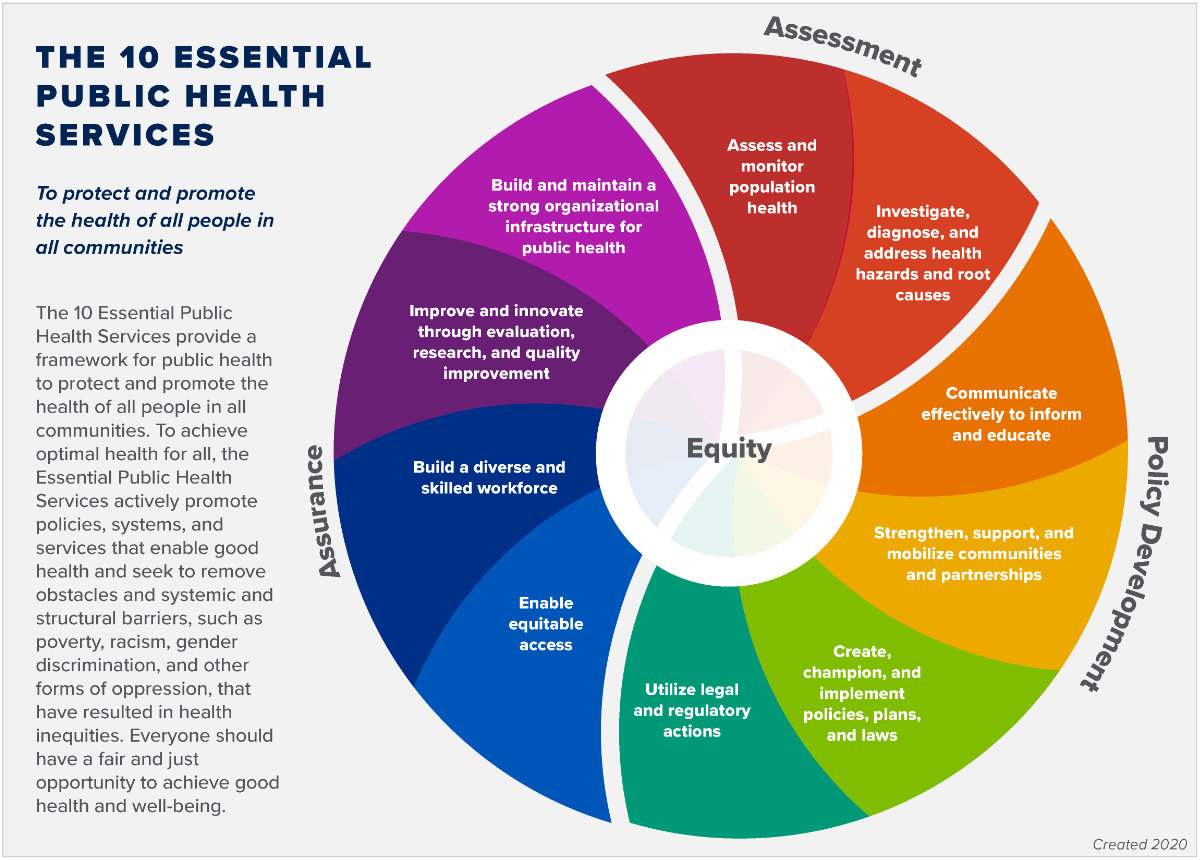Incontinence: A Public Health Issue That Demands Attention
Incontinence, the involuntary loss of urine or feces, is a prevalent condition that affects millions of individuals worldwide. It is not merely an embarrassing or shameful issue but a significant public health concern with far-reaching implications.
The consequences of incontinence extend beyond the physical discomfort and social stigma it causes. It can lead to skin irritation, urinary tract infections, and other health complications. Moreover, incontinence can hinder individuals from participating fully in social activities, affecting their quality of life and overall well-being.
- Subhashree Sahu Leaked Mms Video A Deep Dive Into The Controversy
- Sophie Rain Erome Exclusive Photos Videos Your Ultimate Guide
Despite its prevalence, incontinence remains an underreported and undertreated condition. Many individuals suffer in silence, fearing judgment or embarrassment. This silence perpetuates the stigma surrounding incontinence, preventing open discussions and access to necessary support and treatment options.
Breaking the silence around incontinence is crucial for addressing this public health issue effectively. Healthcare professionals, policymakers, and society at large need to recognize the significance of incontinence and work together to reduce its prevalence and impact.
Incontinence
Introduction: Incontinence is a multifaceted condition with various dimensions that warrant attention.
- Comprehensive Guide To Sd Movies Point Enhance Your Movie Experience
- Rachel Pizzolato Nude A Closer Look At The Rising Star
Key Aspects:
- Prevalence: Incontinence affects a significant portion of the population, particularly the elderly and individuals with certain medical conditions.
- Types: There are different types of incontinence, including urinary incontinence, fecal incontinence, and mixed incontinence.
- Causes: Incontinence can result from various factors, such as weakened pelvic floor muscles, neurological disorders, and certain medications.
- Impact: Incontinence can have a profound impact on physical, emotional, and social well-being.
- Treatment: Effective treatment options are available for incontinence, ranging from lifestyle modifications to surgery.
Incontinence and Healthcare
Introduction: Healthcare professionals play a critical role in addressing incontinence.
Facets:
- Assessment and Diagnosis: Healthcare professionals assess and diagnose incontinence, determining the underlying causes and appropriate treatment plans.
- Treatment and Management: They provide treatment options, including medications, pelvic floor exercises, and surgical interventions.
- Education and Support: Healthcare professionals educate patients about incontinence, its management, and available support systems.
Incontinence and Public Policy
Introduction: Public policy can significantly influence incontinence management.
Facets:
- Funding and Research: Public funding supports research and development of incontinence treatments and management strategies.
- Accessibility to Care: Public policies can ensure equitable access to incontinence care, reducing disparities in treatment.
- Awareness and Education: Public health campaigns can raise awareness about incontinence, reduce stigma, and promote help-seeking behavior.
Incontinence and Social Support
Introduction: Social support is essential for individuals managing incontinence.
Facets:
- Family and Friends: Family and friends can provide emotional support, practical assistance, and encouragement.
- Support Groups: Support groups connect individuals with others who understand their experiences, offering a sense of community and shared coping mechanisms.
- Community Resources: Community resources, such as incontinence support centers and home care services, provide additional assistance and support.
Frequently Asked Questions about Incontinence
Incontinence is a common condition that can affect anyone, regardless of age or gender. It can be a challenging condition to manage, but there are many resources available to help. Here are some frequently asked questions about incontinence:
Question 1: What causes incontinence?Incontinence can be caused by a variety of factors, including:
- Weak pelvic floor muscles
- Neurological disorders
- Certain medications
- Pregnancy and childbirth
- Aging
There are several different types of incontinence, including:
- Urinary incontinence: The involuntary loss of urine
- Fecal incontinence: The involuntary loss of feces
- Mixed incontinence: A combination of urinary and fecal incontinence
There are a variety of treatment options available for incontinence, depending on the type and severity of the condition. Treatment options may include:
- Pelvic floor exercises
- Medications
- Surgery
- Lifestyle changes
Summary: Incontinence is a common condition that can be managed with the help of healthcare professionals and support groups. There are many resources available to help people with incontinence live full and active lives.
Conclusion
Incontinence is a serious public health issue that affects millions of people worldwide. It can have a significant impact on physical, emotional, and social well-being. Despite its prevalence, incontinence remains an underreported and undertreated condition. This is due, in part, to the stigma surrounding the condition. Many people are embarrassed to talk about incontinence, and they may suffer in silence rather than seek help.
It is important to break the silence around incontinence. Healthcare professionals, policymakers, and society at large need to recognize the significance of this condition and work together to reduce its prevalence and impact. There are many effective treatments available for incontinence, and with the right support, people with incontinence can live full and active lives.
- Free 300mb Movies Hub Your Ultimate Destination For Huge Collections
- Exploring The World Of Hd4hub Movies Everything You Need To Know

